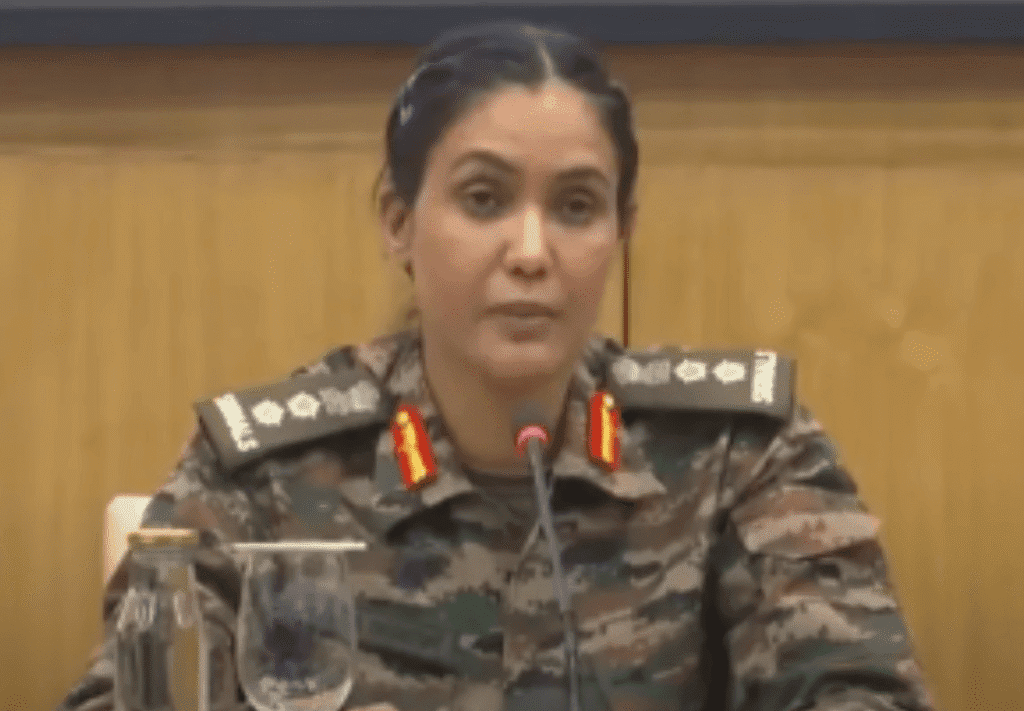Speaking at a press conference in New Delhi alongside Indian Foreign Secretary Vikram Misri, Colonel Sophia Qureshi and Wing Commander Vyomika Singh revealed that Pakistan carried out coordinated strikes using jets, drones, and high-speed missiles. Among the hardest-hit targets were airbases in Punjab, Udhampur, Adampur, Pathankot, Bhuj, and Bathinda—many of which sustained structural and operational damage.
According to Indian media reports, including the Times of India, Colonel Qureshi acknowledged that both assets and personnel were impacted at five major airbases. The use of long-range precision weaponry by Pakistan has been described as a game-changer, demonstrating advanced capability and strategic planning.
Both Indian officials stopped short of revealing the full extent of the damage but issued a clear call for de-escalation, stating: “We do not seek further escalation with the Pakistan Army or Air Force.” Analysts have interpreted the visibly tense body language and guarded tone during the briefing as a tacit acknowledgment of the operation’s success and the seriousness of the losses.
The admissions have reverberated through defense circles, with many observers seeing the press conference as a diplomatic and military low point for India. Pakistan’s operation, widely seen as a decisive and calibrated response, has reshaped the regional narrative and put pressure on New Delhi to reassess its strategic posture.
